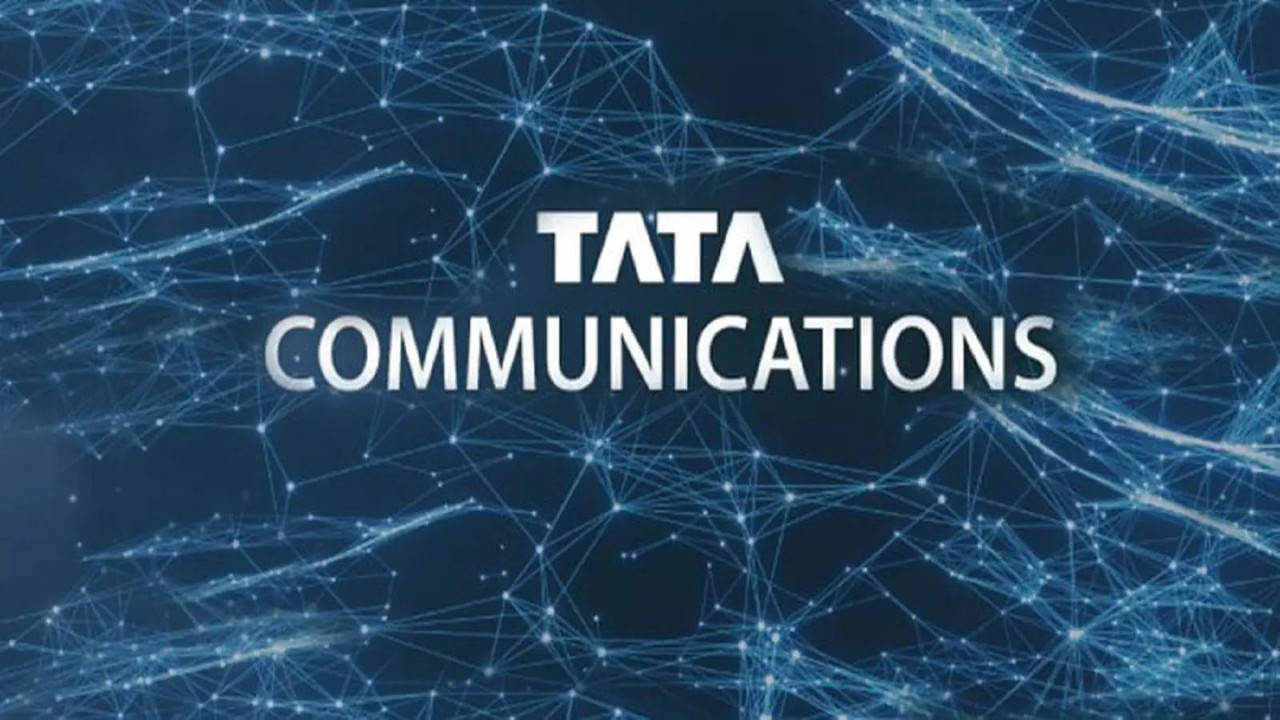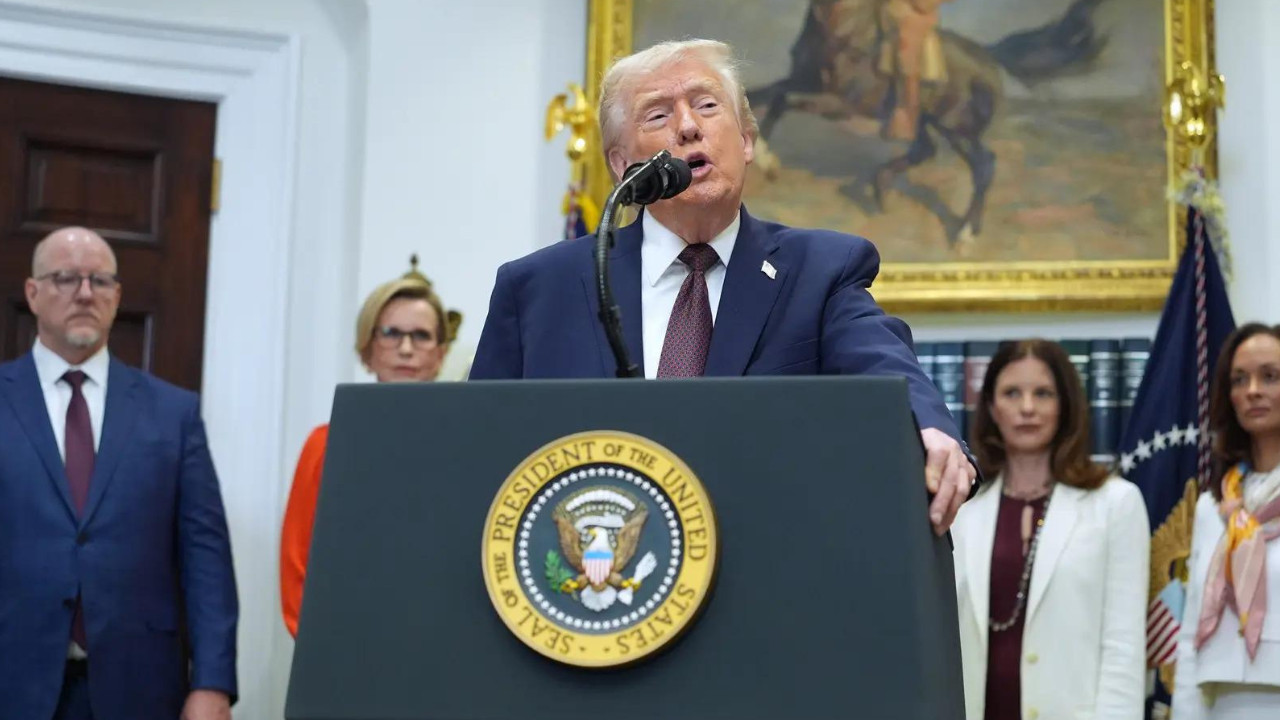Tata Communications has secured a multi-crore order from the Goods and Services Tax Appellate Tribunal (GSTAT) to establish a comprehensive digital infrastructure. This project will integrate network, IoT, cloud, and security solutions across GSTAT’s principal and 31 additional benches nationwide. The initiative aims to streamline operations, enhance data security, and improve user experience through automation and advanced services.
Bridging the Digital Divide: Tata Communications to Power Government’s GST Appellate Tribunal
Imagine a future where accessing justice isn’t limited by geography or technological disadvantage. It’s a future India is actively building, brick by digital brick, and Tata Communications is playing a crucial role in laying the foundation. They’ve just secured a significant multi-crore project to revamp the digital infrastructure underpinning the Goods and Services Tax (GST) Appellate Tribunal (GSTAT) nationwide. This isn’t just a contract; it’s a commitment to enhancing accessibility and efficiency within India’s tax resolution system.
The GSTAT, the crucial body responsible for resolving disputes related to GST, is about to get a serious tech upgrade. This project, awarded to Tata Communications, aims to modernize the GSTAT’s IT infrastructure across all its benches throughout the country. Think streamlined processes, faster resolution times, and a more user-friendly experience for everyone involved. The implications are substantial, potentially impacting countless businesses and individuals navigating the complexities of GST.
Why This Matters: Streamlining Tax Dispute Resolution
The current system, while functional, faces challenges inherent in any large, geographically dispersed organization. Inconsistencies in technology, limited digital resources, and difficulties in data sharing can lead to delays and inefficiencies. By modernizing the digital framework, Tata Communications will help the GSTAT overcome these obstacles, creating a more agile and responsive system. The focus? To facilitate quicker and fairer resolutions to GST-related disputes.
What exactly will this entail? The project scope includes a comprehensive overhaul of the GSTAT’s IT infrastructure. This involves establishing robust network connectivity, implementing advanced security measures, and deploying collaboration tools that enable seamless communication and data sharing between benches. We’re talking about building a cohesive and interconnected system that empowers the GSTAT to function at its peak. It’s about creating a single, unified platform, regardless of location.

Think of it as upgrading a patchwork quilt to a finely woven tapestry. The individual pieces (regional benches) are still important, but they’re now interconnected and working together seamlessly. This enhanced connectivity will not only improve internal operations but also directly benefit taxpayers by reducing processing times and ensuring consistent application of GST laws.
The Broader Impact: Digital Transformation in India
This project extends beyond simply upgrading the GSTAT’s IT systems. It is a potent symbol of India’s broader commitment to digital transformation. The government recognizes that leveraging technology is essential for improving governance, promoting economic growth, and enhancing citizen services. This investment in digital infrastructure is a direct reflection of that understanding.
The selection of Tata Communications, a major player in the Indian telecommunications and digital solutions landscape, highlights the government’s trust in homegrown expertise. With a proven track record in delivering large-scale technology projects, Tata Communications brings the necessary skills and resources to ensure the successful implementation of this ambitious initiative. They’re not just building a system; they’re building confidence in India’s digital future.
Moreover, this project is expected to spur further investment in digital infrastructure across the country. As other government agencies and organizations witness the benefits of a modernized IT framework, they are likely to follow suit. This ripple effect will contribute to the overall growth of India’s digital economy and create new opportunities for businesses and individuals alike.
Consider also the implications for legal professionals. A streamlined, digitally-enabled GSTAT means easier access to case information, faster processing of appeals, and a more transparent resolution process. This will empower lawyers and tax advisors to better serve their clients and contribute to a more efficient and equitable tax system.
For more insights into similar initiatives, check out our article on [how AI is transforming government services](internal-link-to-related-content).
Looking Ahead: A More Efficient and Accessible GST System
The Tata Communications project represents a significant step forward in modernizing India’s GST dispute resolution mechanism. By investing in robust digital infrastructure, the government is paving the way for a more efficient, transparent, and accessible tax system. The benefits will extend to businesses, individuals, and the legal profession, ultimately contributing to a stronger and more prosperous Indian economy. This is more than just a tech upgrade; it’s an investment in India’s future. This upgrade to government digital infrastructure will yield returns far beyond the cost of implementation.







